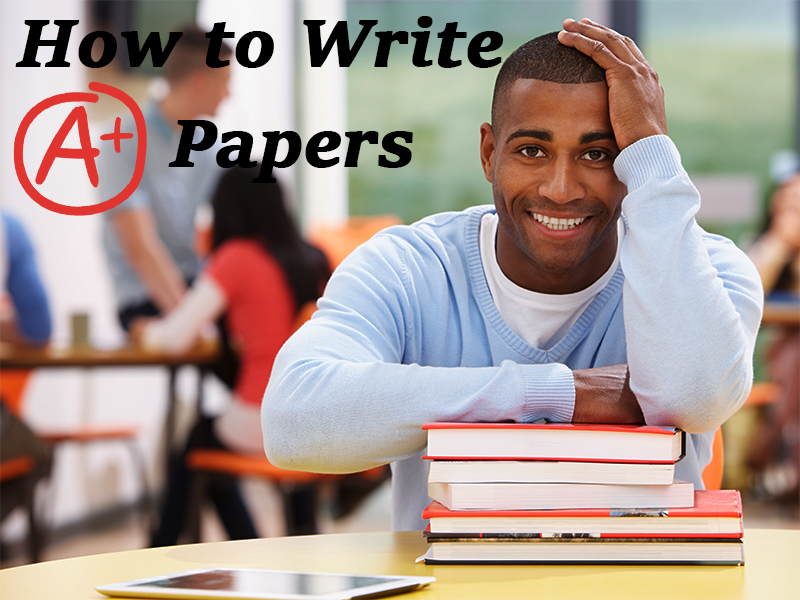How to Write A+ Papers
June 24, 2017| Category: Writing Tips
Writing an essay or research paper seems easy: you’ve got the topic, found information, and wrote it. However, the reality shows the opposite – the professor sends the essay for revision, claiming it loses the point, is off-topic, and does not bring anything new to discussion, when you expected it to be an A+ paper. How come? You spent so much efforts and your work is not worth a dime? If so, you probably need to reconsider your approach to writing and adhere to professionals’ recommendations. Here you can find 7 tips to make your writing close to perfect.

1. Choose a topic
Once you’ve got a general subject to discuss in your research paper, you need to come up with the topic. Essentially, it should be interesting for you. Narrow your topic to something specific. Writing on “Art” will require publishing many books to cover the topic. Make your discussion focused on some period in the history of art or a particular mainstream/artist. A piece of writing about “Art of Ancient Greece” will be more likely to get A+ than the one about “Art” in general.
2. Gather information
To write an A+ paper, you need to support your claims with substantial evidence. For gathering it, most students surf the Internet. Carefully choose the sources. Academic papers cannot be built on biased, unchecked information. Governmental, educational, and organizational websites can be relied on, whereas those with such domain name extensions as .com or .info should be questioned. Find the evidence you need and take notes. Have a bigger variety to choose from – it is always easier to omit some source than find a new one after you’ve almost finished writing.
3. Create a thesis
After you looked through the gathered information, form your major argument – the idea you are going to defend and support further in your essay. This argument is called “thesis statement” and is usually placed at the end of introduction. Make sure your thesis is clear enough and contains all major points you will discuss in the paper. If an argument lacks clarity or does not address all important aspects, it is very unlikely you will write an A+ paper.
4. Make an outline
Create an outline to know the sequence of elements in the essay. It will help you arrange the ideas in a logical manner and give you new insights to the topic. An outline usually has 3 main parts: introduction, body, and conclusion. Go further than that and give specific ideas (topic sentences, supporting evidence, etc.). Experts suggest providing in-text citations in your outline to know where you can find the discussion of some point. After you do it, you need to arrange your notes according to your outline.
5. Write the first draft
Try combining your outline and notes into a single text. Use writing technique you like the most: arranging paragraphs, paraphrasing, putting direct quotes, expanding points in outline, etc. Do not forget to follow the outline structure. If you want some ideas to be included, but know you will have to edit them, you can use # symbol to mark the part that should be revised. Delete it when editing the paper.
6. Revise the outline and first draft
Having finished the first draft, you need to revise everything you have. Check whether you stick to the point. Delete all unnecessary information. Make sure that you do not get distracted from your argument (thesis). Rearrange the outline and draft if needed, but do not forget about the purpose of your writing.
7. Write a paper
Having done with preparation, switch to writing the paper itself. Keep on checking your piece for content and spelling errors. Reread the instructions to be sure you have covered all elements in it. Provide cohesion. Use transitions to avoid abrupt change of focus. Another good recommendation is to finish your paper a day or two before the deadline to have time for one more check.
If you follow these writing tips carefully and regularly, you will develop your writing skills and improve your performance. Your professor is more likely to give you A+ for the well-organized research than a pack of evidence obtained. If there is no logical connection and no argument, you will not succeed. Thus, take your time and follow these steps to get only highest grades!
